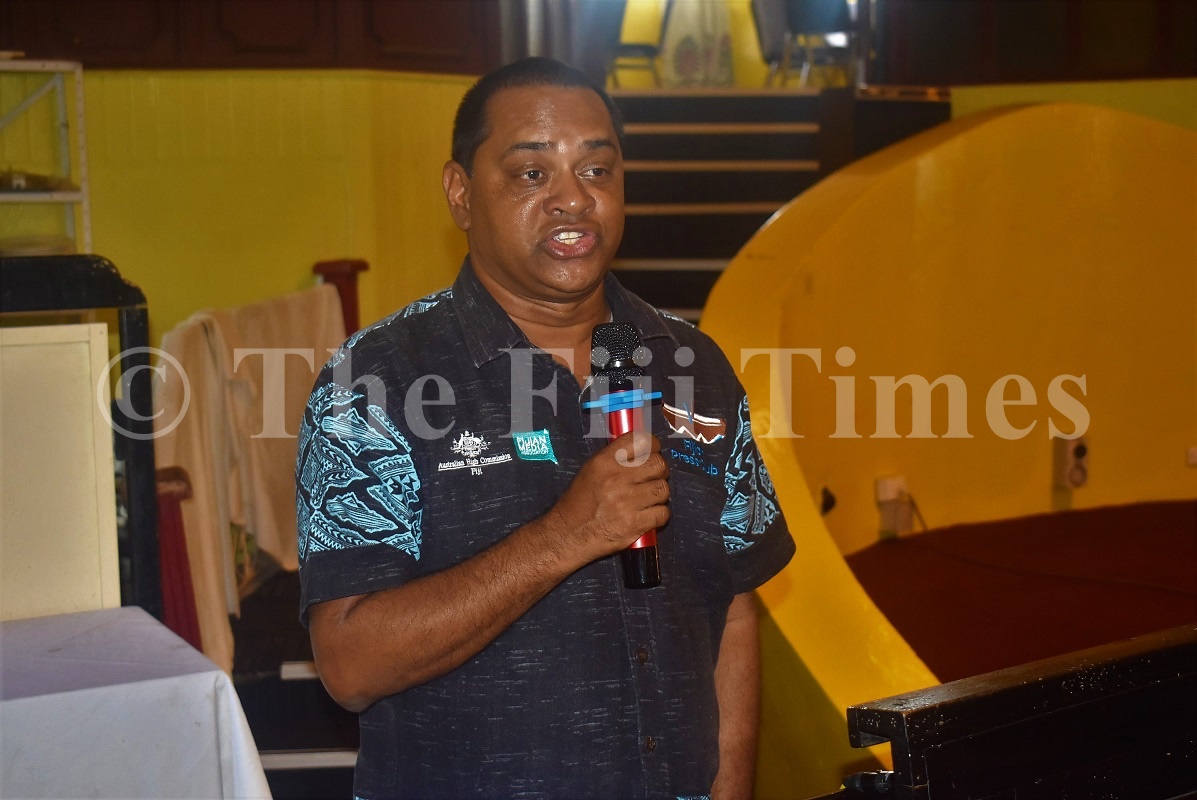THE Fiji Media Association has called for a shift in democratic culture, emphasising the need to move beyond excessive legislation and towards a more open, empowering approach to electoral participation.
Association president Stanley Simpson told the Multi-Stakeholder Dialogue on Electoral Reform in Suva yesterday the current electoral climate instilled fear rather than celebration among voters.
“I thought I’d raise a few points for discussion about how we can improve the electoral system,” Simpson said.
“A lot of it doesn’t have to involve legislation, it involves changing our culture, our democratic culture and attitudes.
“But I think there’s a real issue we have of having to over-legislate everything in this country.”
He criticised what he described as an over-reliance on strict laws and bureaucratic language that often intimidated voters.
Instead of feeling proud and excited to exercise democratic rights, he said many citizens arrived at polling stations anxious about making mistakes or inadvertently breaking the law.
“I only see people turning up to the polling stations fearful about doing something wrong or breaking the law.
“Because much of the things they’ve been warned about is to ‘be careful what you come and do here’, instead of being welcomed to celebrate their right to vote.”
Simpson also pointed out a law he believes limits free speech which makes it illegal to say anything that may harm the reputation of the Supervisor of Elections and that breaking this law could lead to a fine of up to $50,000 or up to five years in prison.
“I mean, what is he or she, some kind of sacred animal?
“Who decides what counts as disrepute? The language is so vague, but the penalties are severe.”
Speaking as both a journalist and participant in Fiji’s electoral process since 1999, he said such laws created a chilling effect on media freedom and public discourse, particularly when holding electoral authorities accountable.



